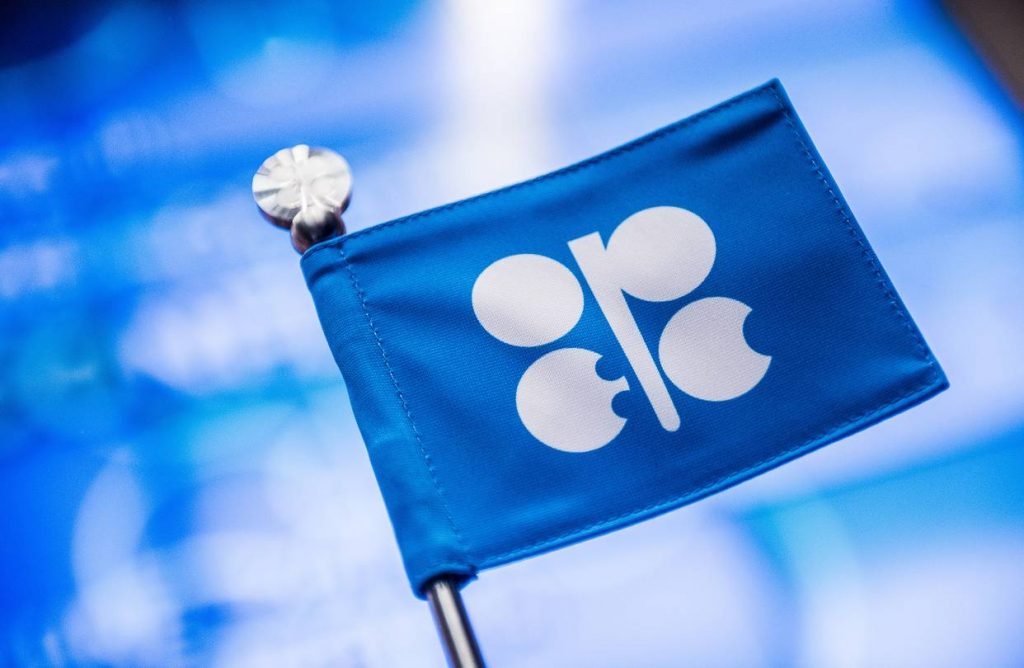OPEC oil production dropped to 13-month low due to falling Venezuelan output, Nigerian outages and strong compliance with the output freeze deal. The cartel is reducing its production by about 1.2 million bpd as part of a deal with Russia and other non-OPEC producers to get rid of over-supply. As a result, crude price reached $80 a barrel this month for the first time since 2014. Both OPEC and Russia are now debating policy changes and discussing uncapping production but general adherence to agreed levels remains strong.
The biggest drop in supply came from Nigeria due to unexpected outages. Royal Dutch Shell’s Nigerian branch declared force majeure on oil exports. The second biggest decline came from Venezuela where the economic crisis is having a dire impact on oil industry. A drop in Libyan production also contributed to this development, whose output remained unstable due to unrest. In the meantime, Iranian production is poised to decline over the re-imposition of US sanctions, which demotivates businesses from buying Iranian oil. Libya and Nigeria were originally excluded from the output freeze deal because their production had already been affected by conflicts and insecurity.
While Saudi Arabia and Iraq were producing a bit more in May, their gains were not able to offset the overall decline. Saudi Arabia’s production went up due to higher domestic demand for electricity while Iraq increased its production to export more. OPEC has set the production target for 2018 to 32.73 million bpd, based on production cuts in late 2016 and recent changes in membership, as well as Nigeria and Libya’s expectations of 2018 production.




